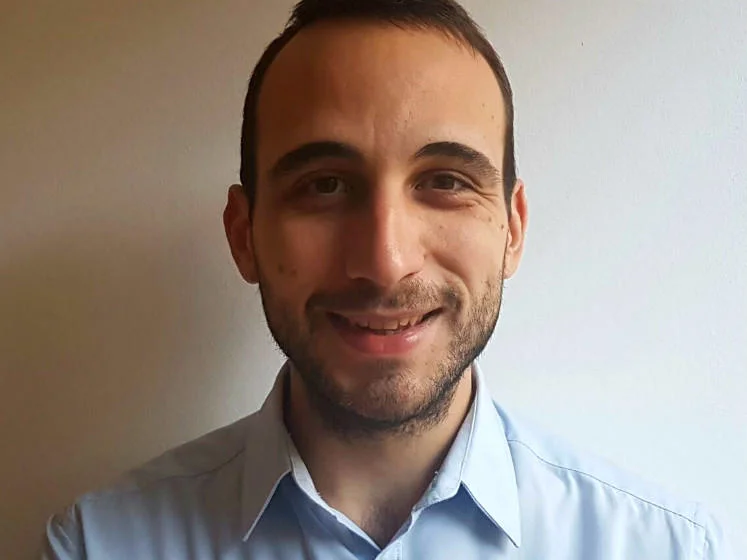Q&A with Nicola Degli Esposti
Investigating the politics and political economy of the Kurdish national movement
Nicola is a PhD candidate with the Department of International Relations
I am attracted to the freedom and constant intellectual challenge offered by an academic life.
Nicola Degli Esposti

What are you currently researching?
My research looks at the politics and political economy of the Kurdish national movement. In recent years, the Kurds of Iraq and Syria have achieved a degree of autonomy unprecedented in modern history. However, the semi-independent entities established by the Kurds in the two countries promote radically different policies and ideas.
My research traces the origins of these two alternative and competing nation-building projects in the history of the Kurdish movement in Iraq, Turkey, and Syria with particular attention to the role of socio-economic transformations and class relations.
What attracted you to this area of research?
I have been interested in the Middle East for a very long time, but I decided to study Kurdish politics only after a visiting semester in Ankara, in the spring of 2015. It was a very eventful year.
After a very exciting electoral campaign, the progressive pro-Kurdish party entered the Turkish parliament for the first time and, only one month later, the Kurdish war in the country re-started. At the same time, the Kurds of Iraq and Syria were pushing back ISIS with little help from the world. I guess I got dragged in by the events!
How will your research improve or have a wider impact on society?
I want to contribute to the work of researchers and activists trying to demystify superficial understandings of the Middle East, as a region of intrigues and unsolvable ancestral conflicts. So often our cultural stereotypes make us fail to see that the region is made up of millions of real people struggling for a better life. I want my research to tell those stories.
What do you hope to do career-wise, long term?
I am attracted to the freedom and constant intellectual challenge offered by an academic life. However, I want my research to talk to a wider public and to contribute to debates that take place off campus.
What are your top three tips to prospective students on the most effective way to approach research and keep stress levels down?
Take breaks: Most of your schedule will depend on you. That might sound amazing but also means that no day is really off and pressure can be very high! Make sure you save time for yourself.
Make friends: Your colleagues are not your rivals. Your PhD will be full of ups and downs and so will theirs. It is all a bit less terrifying if you stand by each other.
Read wildly: Do not only read what is strictly relevant to your research. Read outside your discipline, engage, and change your mind as many times as you need.
What resources are available at LSE to help young researchers?
LSE offers numerous opportunities to help PhD students with their research. What has been very useful to me is the funding and the training made available by the Department of International Relations to conduct my fieldwork in the region. Without these resources, I would not have had the possibility to conduct interviews but more importantly to travel to the region, to talk to the people, to eat the food and to enrich my knowledge and research.
What do you enjoy most about studying at LSE?
LSE’s biggest asset is its intellectual diversity that makes it an ideal place to raise thinkers.